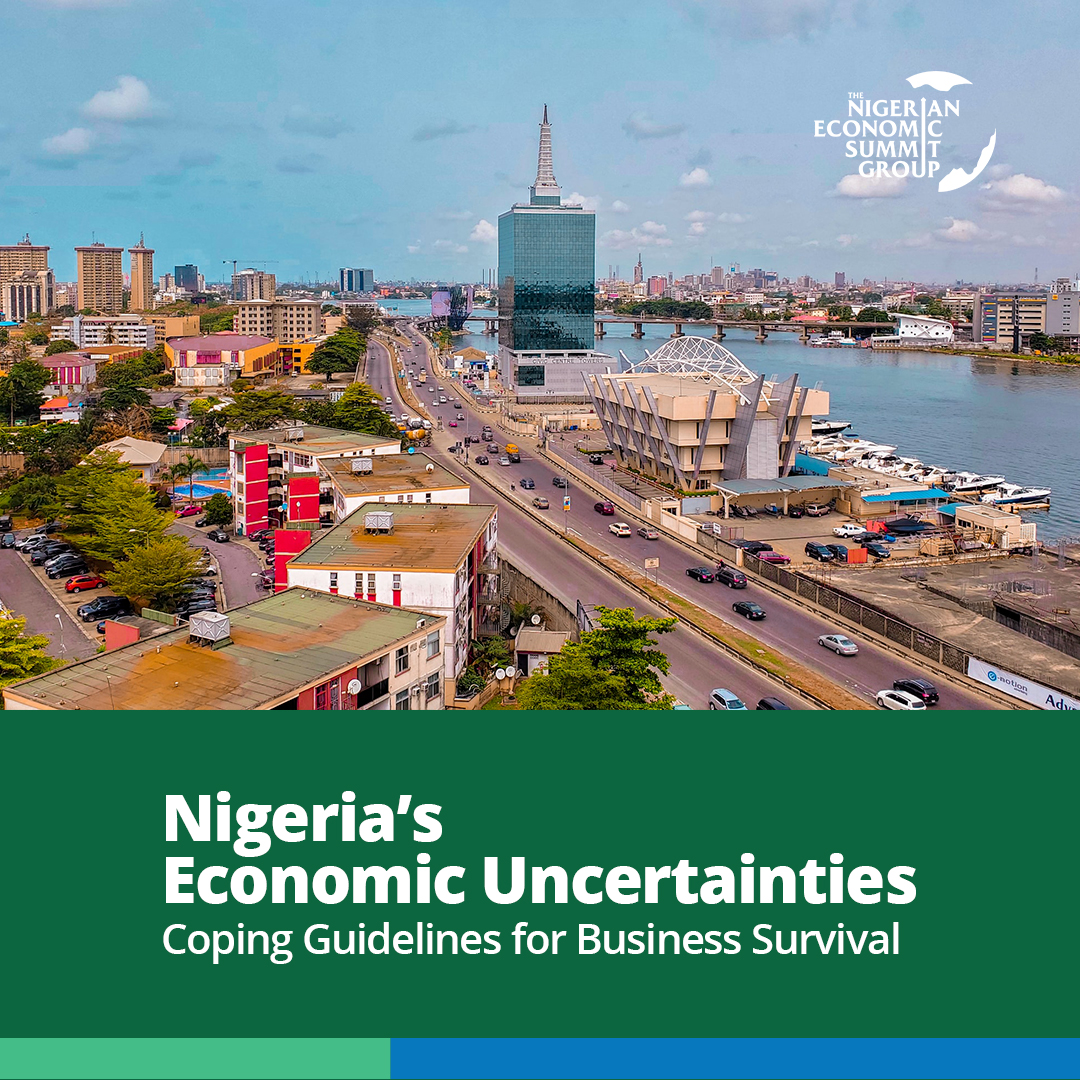Posted Thu, Sep 8, 2022 4:12 PM
Download Report (1233 downloads)
Nigeria, like many economies, is ravelled by the fallout of the Russia-Ukraine war, which worsened the enduring impacts of COVID-19 and the existing structural challenges facing the economy. In Nigeria, the inflation rate heightened to 20 percent in July 2022 from 15.6 percent in January. Likewise, exchange rate volatility intensified as the premium between the official and parallel markets widened to 63.1 percent.
Also, the interest rate environment becomes elevated with the expanding Monetary Policy Rate to 14 percent. The impacts of Nigeria's unstable macroeconomic space have been unpleasant for the overall business environment, investors' confidence and the eventual performance of firms.
What strategy does Nigerian business entity need to improve resilience in times like this? In this article, we highlighted coping strategies for Nigerian businesses in the face of growing uncertainties.
The article highlighted the four risk exposures of businesses: namely, structural, financial, external and policy exposures. Issues around the infrastructural deficit, insecurity, inflationary pressure, and brain drain constitute structural risks. Financial exposure includes risk from asset reprising, liquidity, and loan default.
The persistent Forex scarcity and volatility alongside the energy and food crisis accentuate the external exposure. Meanwhile, the heightened policy rate, fiscal weakness, and sovereign default risk constitute policy risk. The article outlined coping strategies for companies, which include localisation of supply chain, backward integration of business operations, sachetization, digitalise processes, equity financing and natural hedging, among others
